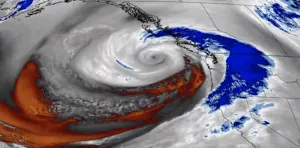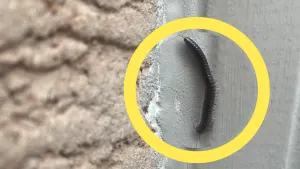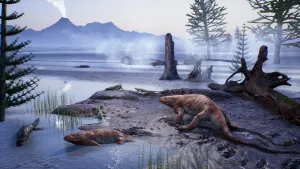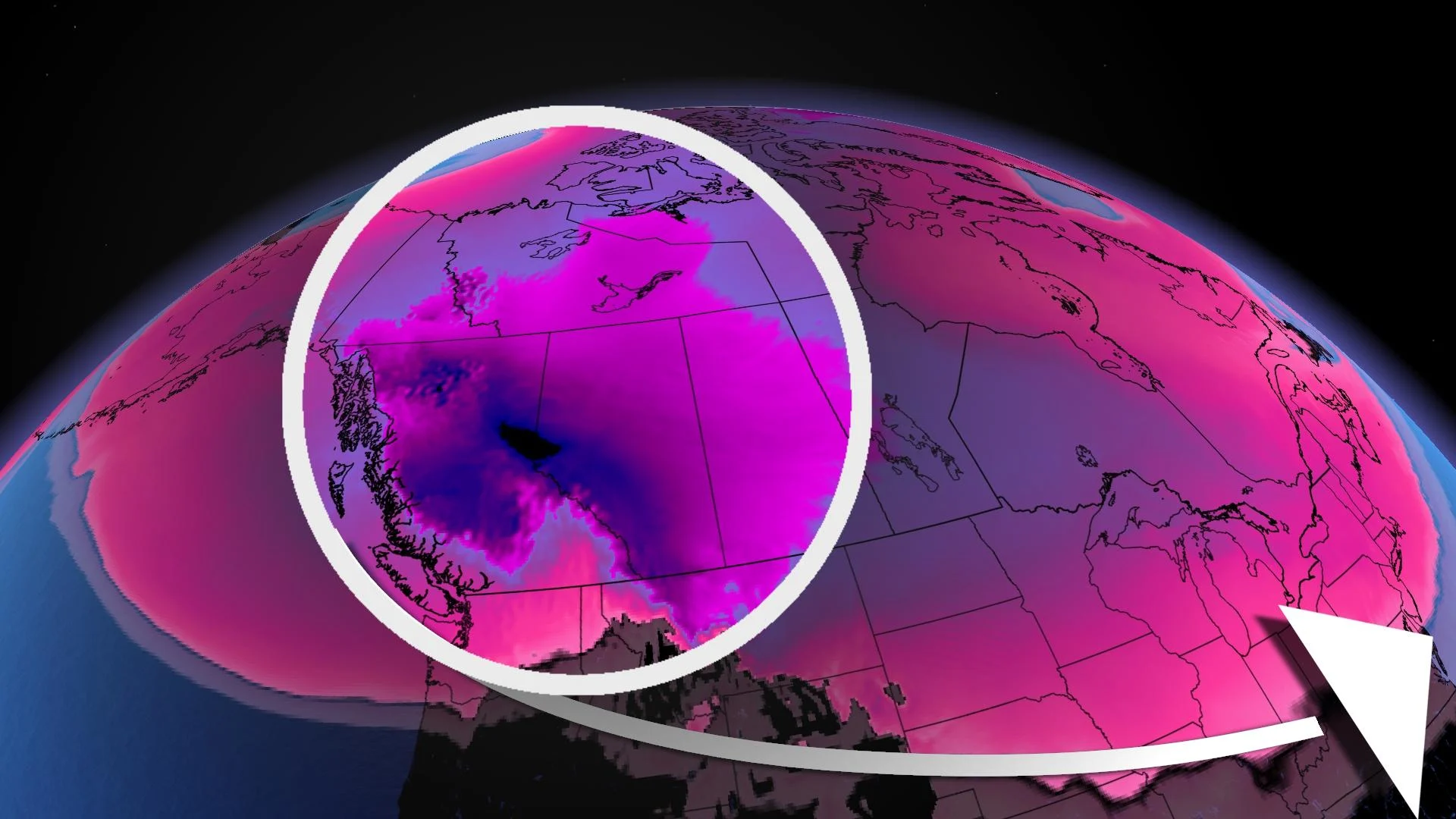
Heads up, Canada: the coldest air on Earth is sinking south
Some of the worst cold snaps in Canadian history originate from Siberia, the source of Canada's next blast of frigid air.
This story begins in the coldest permanently inhabited settlement on the planet. Oymyakon, in eastern Siberia, plunged to a bone-chilling -61°C on December 12th, the coldest December temperature for Russia since 1984.
Some of the worst cold snaps in Canadian history originate from Siberia, so we need to gauge how exceptionally chilly the air on the other side of the pole is.
DON'T MISS: Triple-dip La Niña and polar vortex to deliver a frigid start to winter
This is the first -60°C for this station since December 2008. Just ask those living in Vancouver and western Canada about December 2008. Siberian air is the real deal, so planning should begin for contingencies and those most at risk.
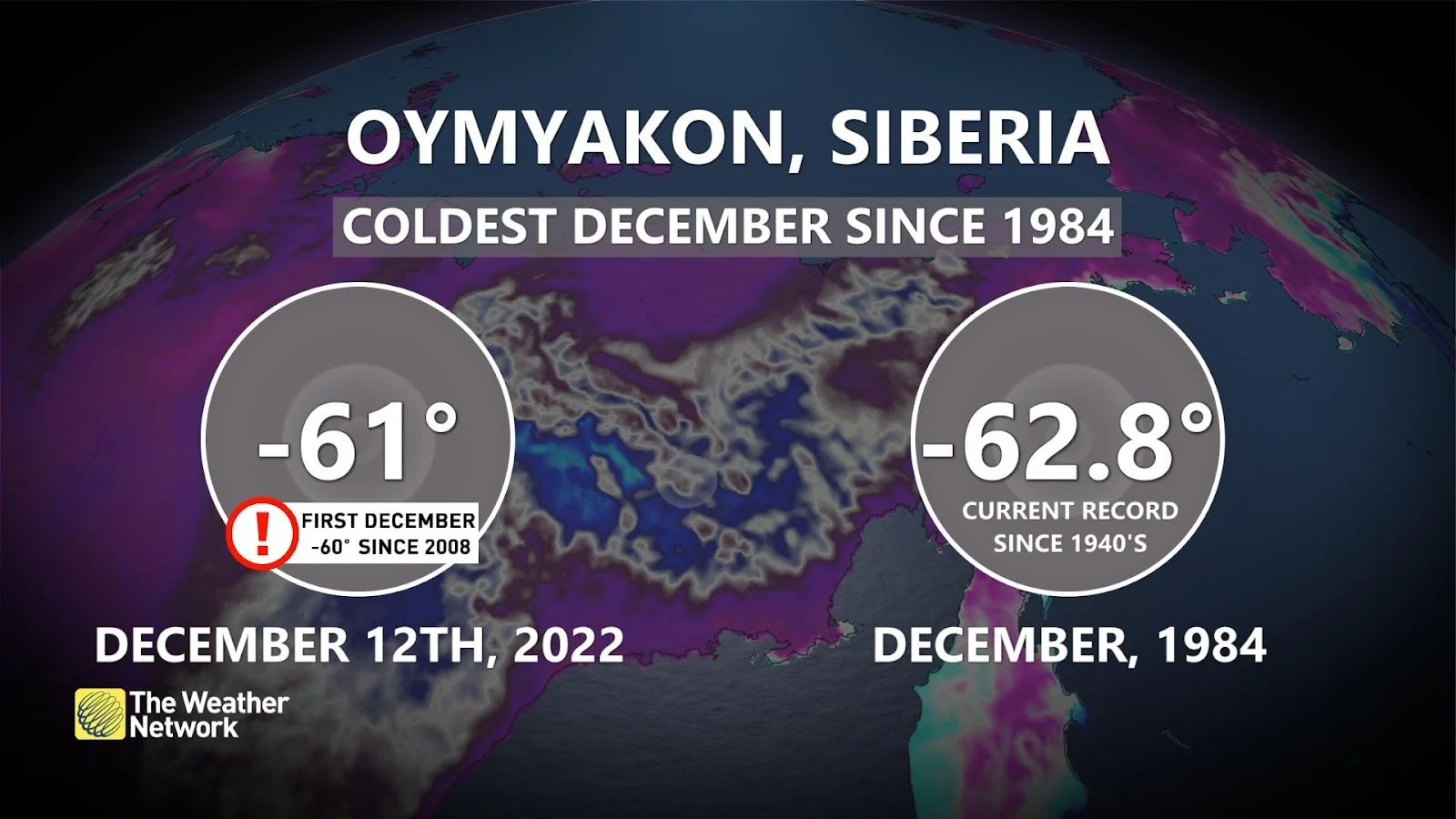
We can track this lobe of frigid air south by scanning the upper levels of the atmosphere. This parcel of air carries copious amounts of freezing air and travels across the Arctic Ocean and northern Alaska – before diving south across the Yukon and Nunavut. Next week, strong blocking across the north will work to trap the cold air, pinning it south.
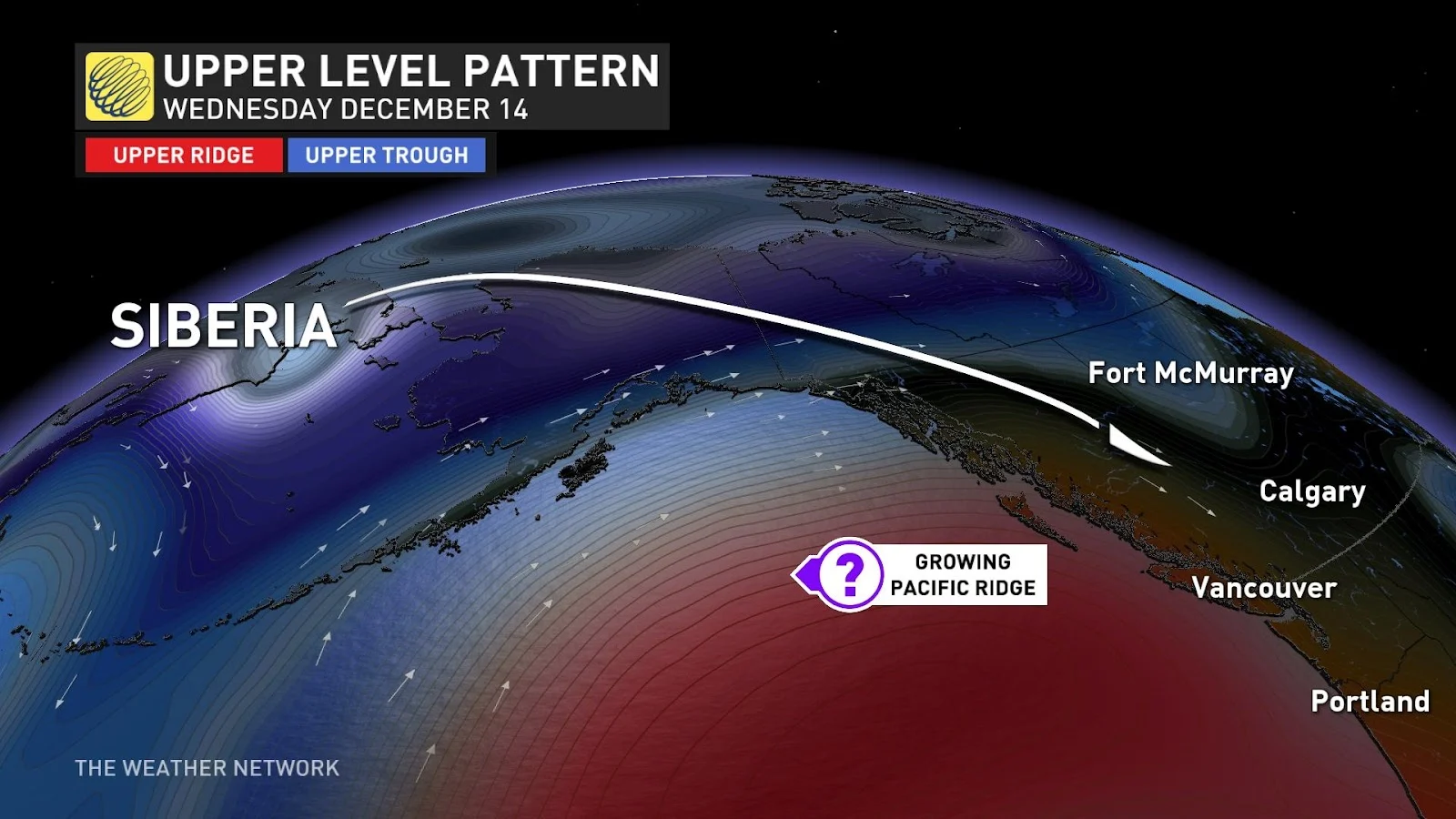
This upcoming weekend features a ridge building across western Alaska, making the backside of the ridge a perfect conduit to rush the cold air across British Columbia and the Prairies. Highs may struggle to climb out of the minus 30s during the worst cold air outbreak next week, along with some regions recording temperatures into the minus 40s.
MUST SEE: Seven times weather unexpectedly changed the course of history
Next week the cold air will ooze well into the U.S., making for a memorable, albeit dangerous cold snap for countless states. The cold air might ultimately snake towards the Gulf of Mexico, plunging across Texas, a harbinger of temperatures up to 20 degrees below normal.
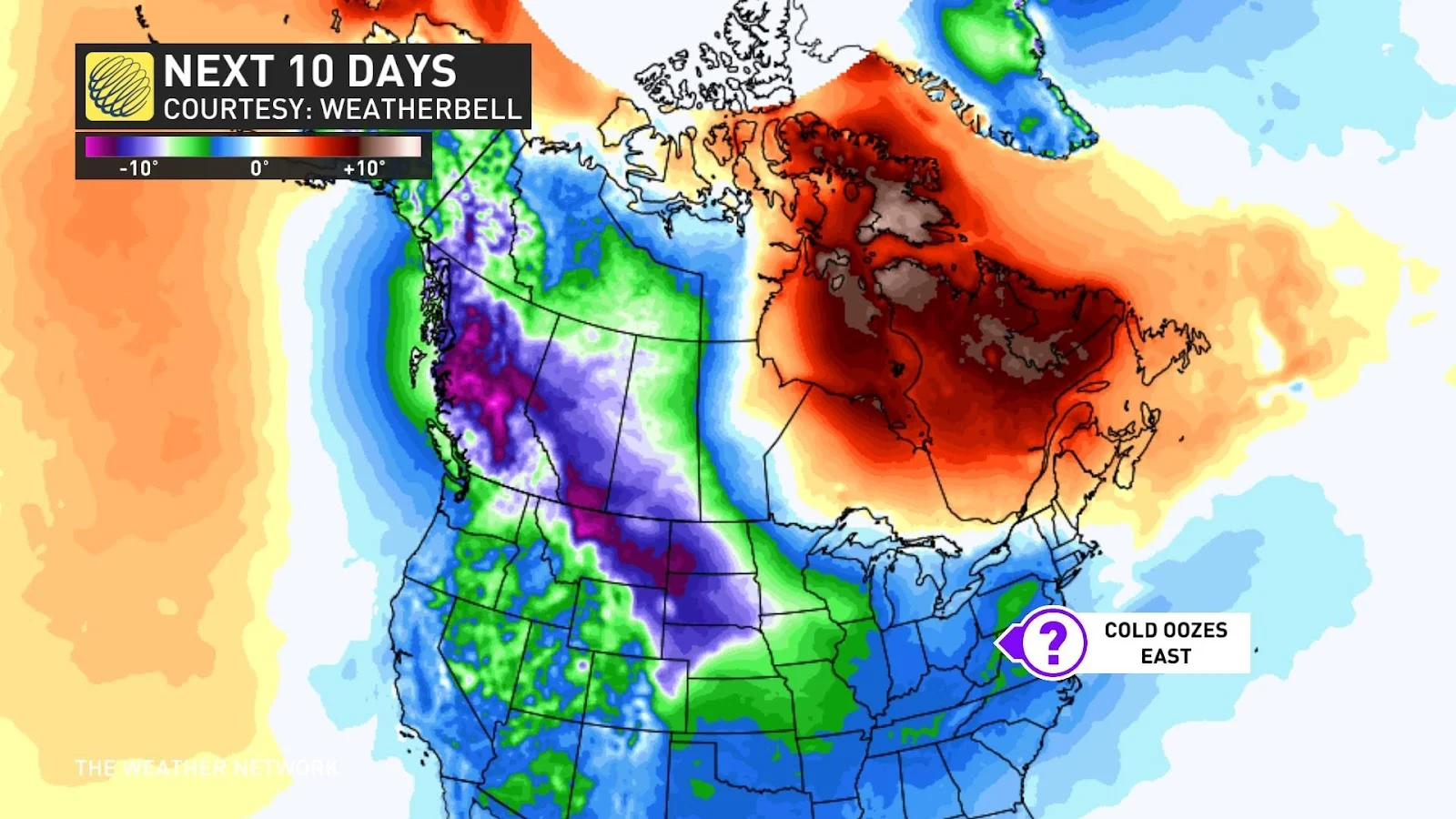
It's too soon to finesse the details about coastal B.C. snow, but the moist Pacific Ocean interacting with Arctic air can often spin up weak lows that ultimately pose snowfall threats.
Some of the most memorable snow events in Canadian history have tapped into similar setups and delivered mind-numbing amounts of snow.
WATCH: Breaking down the infamous 'polar vortex'
Stay tuned to The Weather Network for the latest forecasts across the country.







